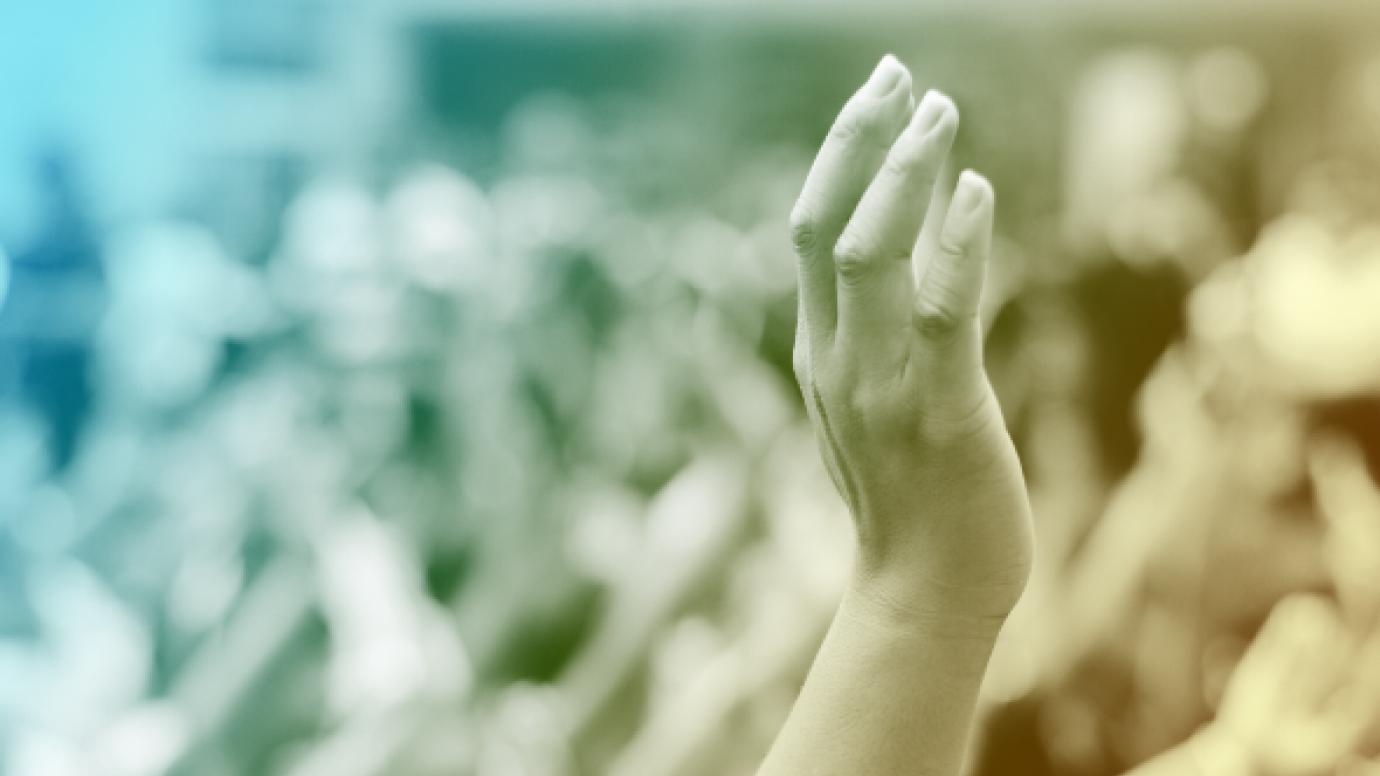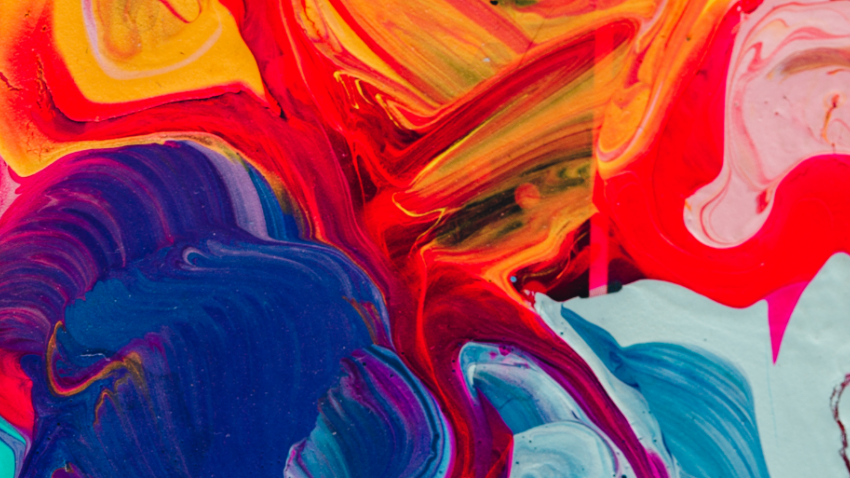United in Diversity means Europe’s cultural and linguistic diversity is at the very heart of the European Union.
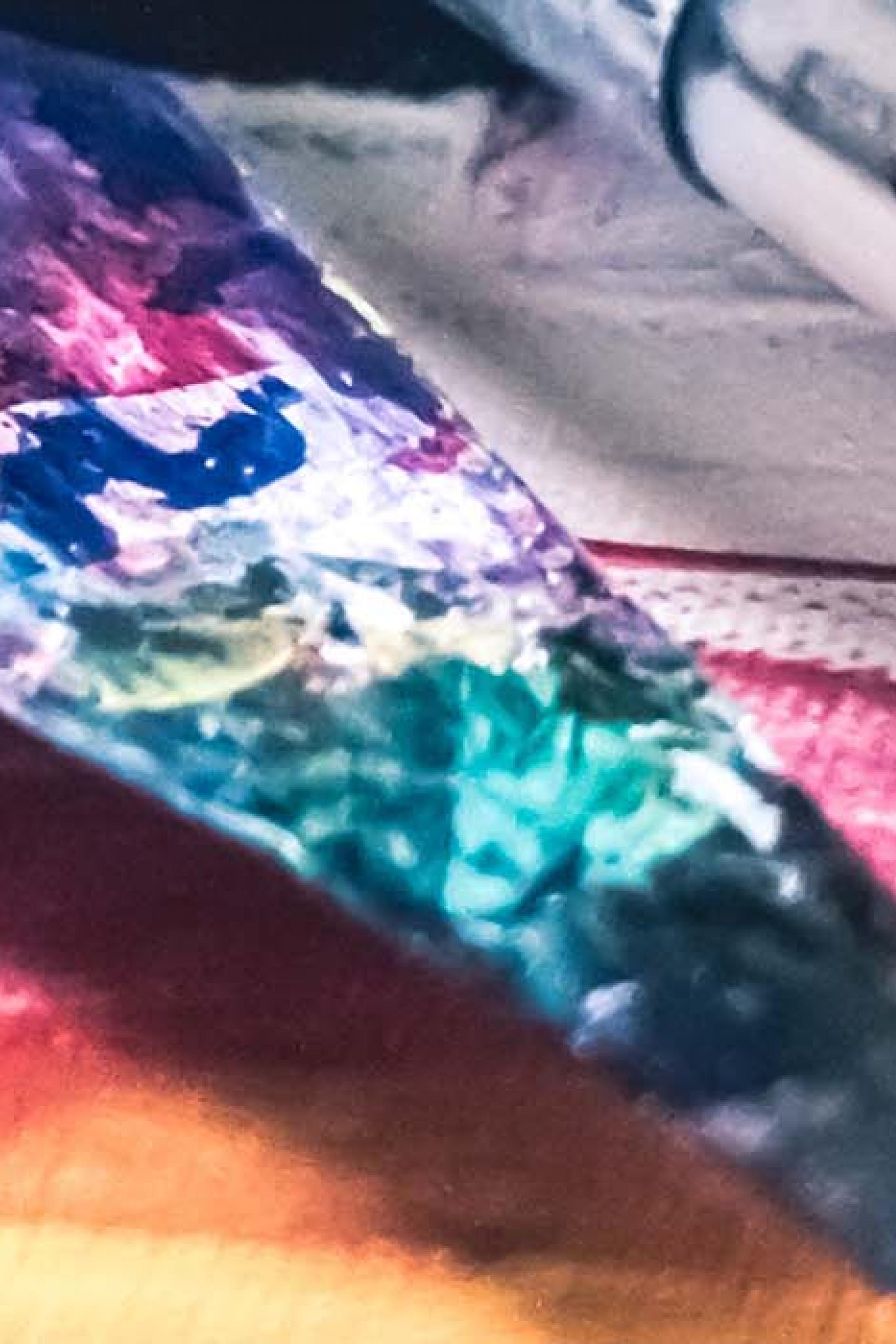
The cultural and creative sectors account for about 4.2% of the EU gross domestic product.
The European Commission recognises the need to support through the Creative Europe programme the cultural and creative sectors as they face new challenges: decreasing revenues, digitalisation as well as global issues such as migration, climate change and the rise of nationalism.
The Creative Europe programme has aligned its support to the cultural and creative sectors with the 6 political priorities of the European Commission below. Discover how projects funded under the Creative Europe programme help to make Europe more prosperous, fairer and greener for generations to come.
The following examples show how Creative Europe enables artists from all disciplines to find innovative ways to reach new audiences, get training, translate their work, develop scripts, make films, and value their cultural heritage. All this while they also contribute to the priorities that the European Commission set out.
A European Green Deal
Artists – from designers to dancers – are finding clever ways to make the circular economy a reality. By creating new materials out of food waste, we could stop using plastic packaging altogether.
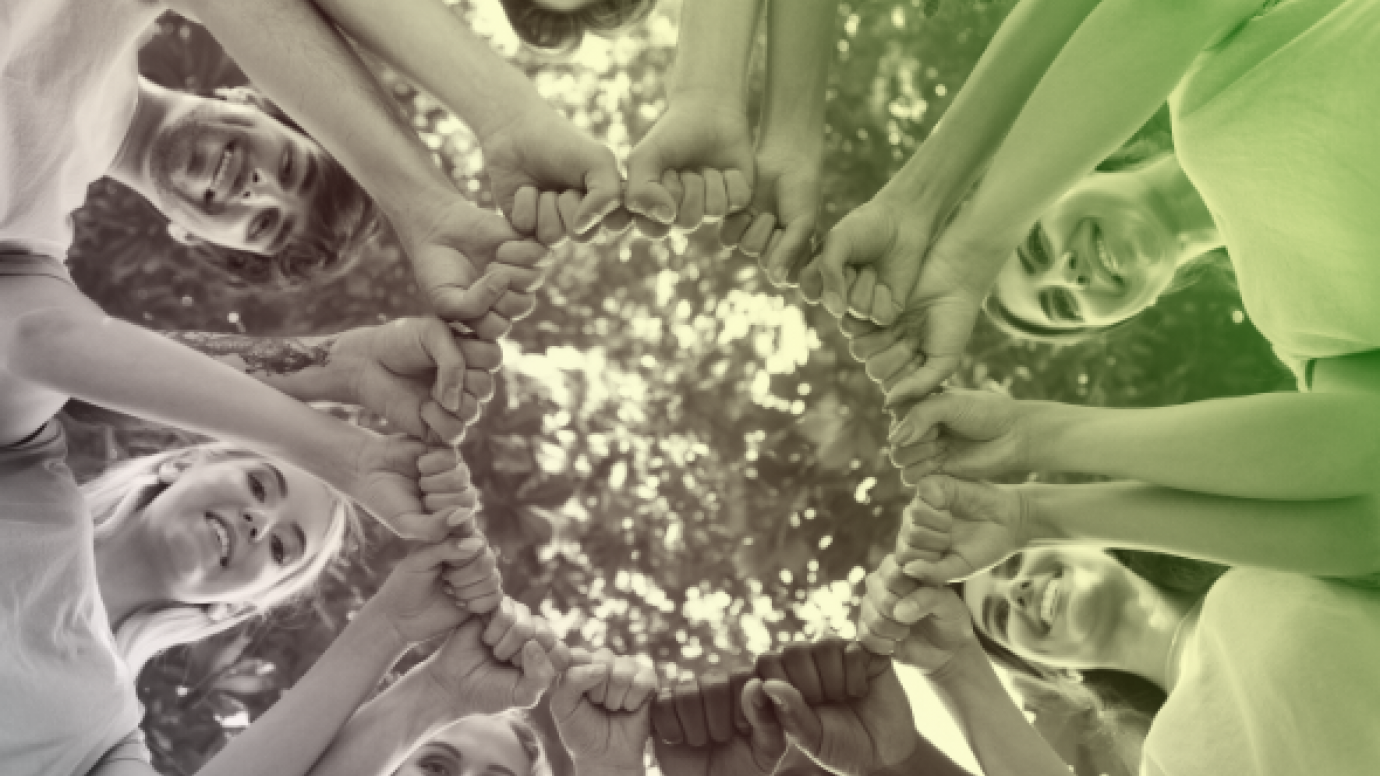
An economy that works for people
Everyone has heard of Bach, Beethoven and Mozart. But what about great women composers like Clara Schumann? Bringing great women to our attention is a persuasive way to highlight issues of gender equality.

A Europe fit for the digital age
Europe’s small towns can be hidden jewels of culture and history. Modern digital technologies can put them on the map for millions to share and learn from.

Promoting our European way of life
What we wear speaks volumes about us – who we are, where we come from, what we aspire to. For women refugees, clothing can open a dialogue that transcends language and culture.
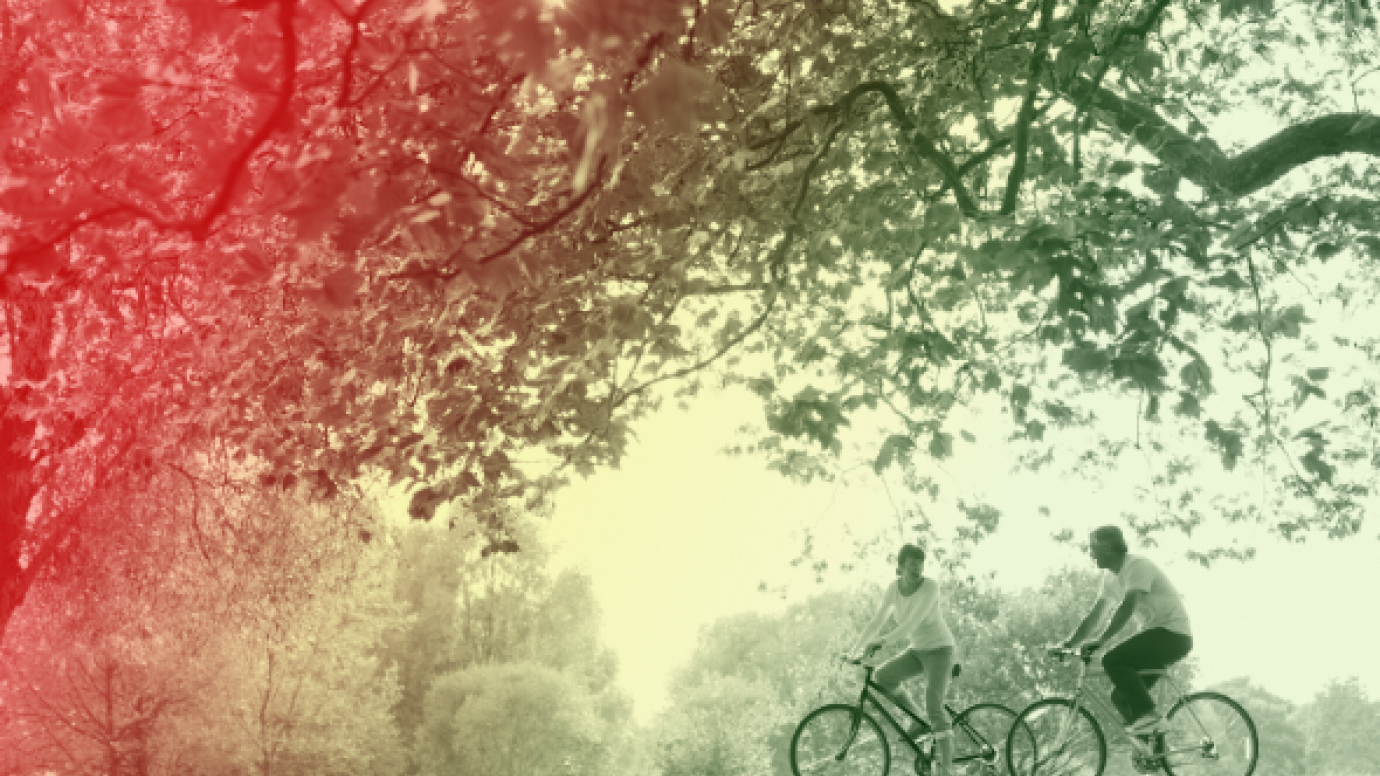
A stronger Europe in the world
Cinema is a powerful form of expression, debate and communication. It is important that European countries without a viable film industry receive help to get up to speed.
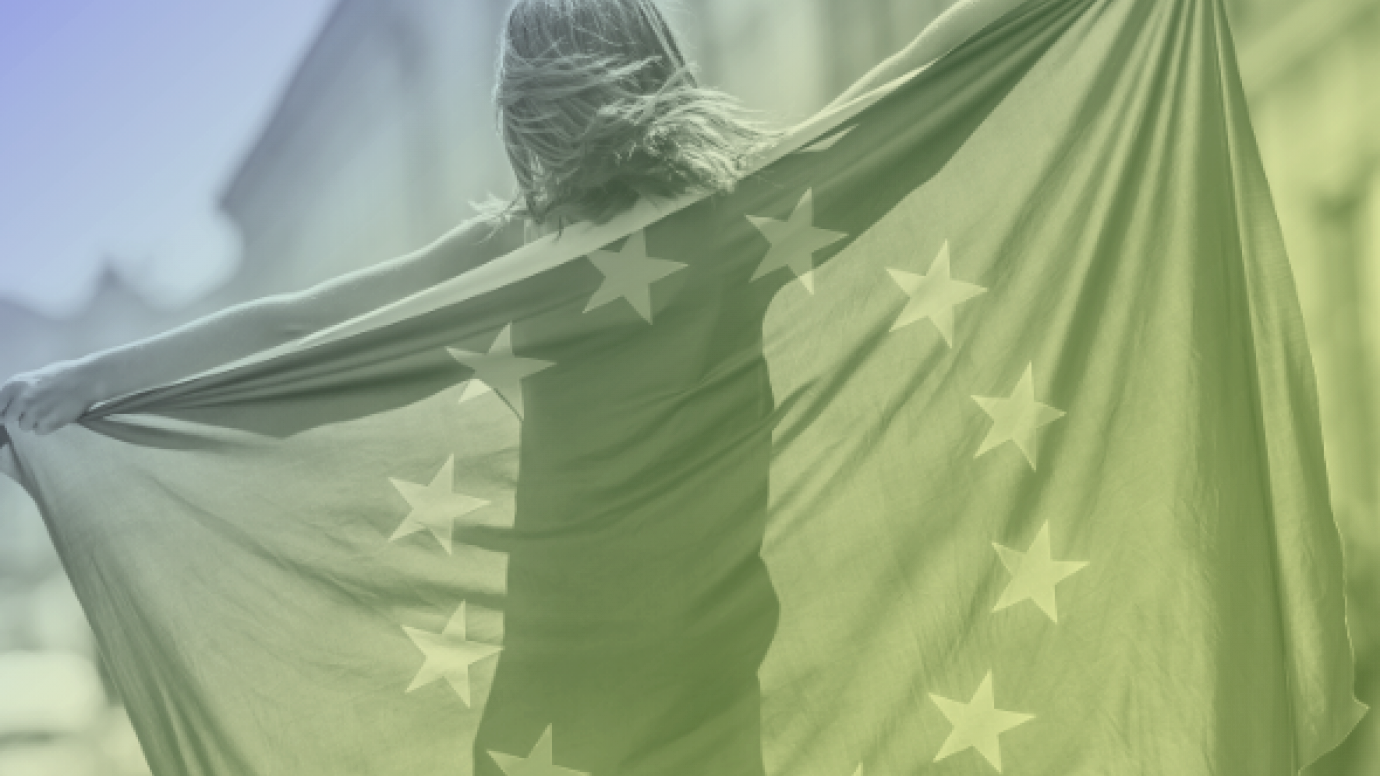
A new push for European democracy
By speaking truth to power, the arts can test the resilience of the rule of law and Europe’s precious democracy. Amateur and professional actors collaborate to bring these issues to new and wider audiences.
